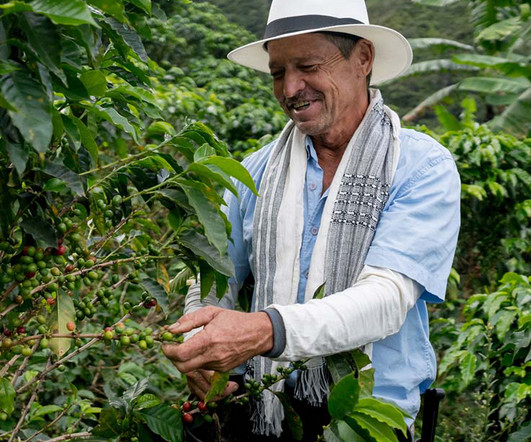From Uprooted to Uplifted: The Movement to Restore Indigenous Land Rights
Stanford Social Innovation Review
FEBRUARY 24, 2025
As a leader in the space, RRI plays a coordinating role as one of the fields system orchestrators , and the Skoll Foundation has deepened our understanding of land tenure by supporting and learning from their work. billion for this work over five years to consolidate otherwise fragmented financing streams.


















Let's personalize your content